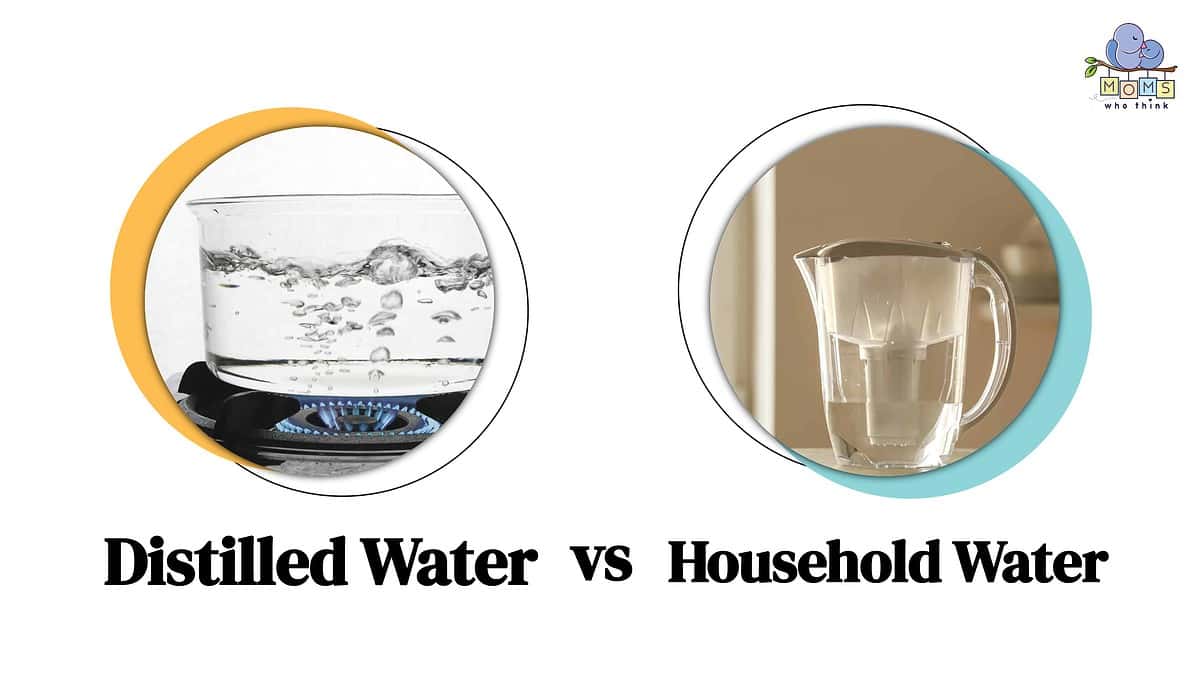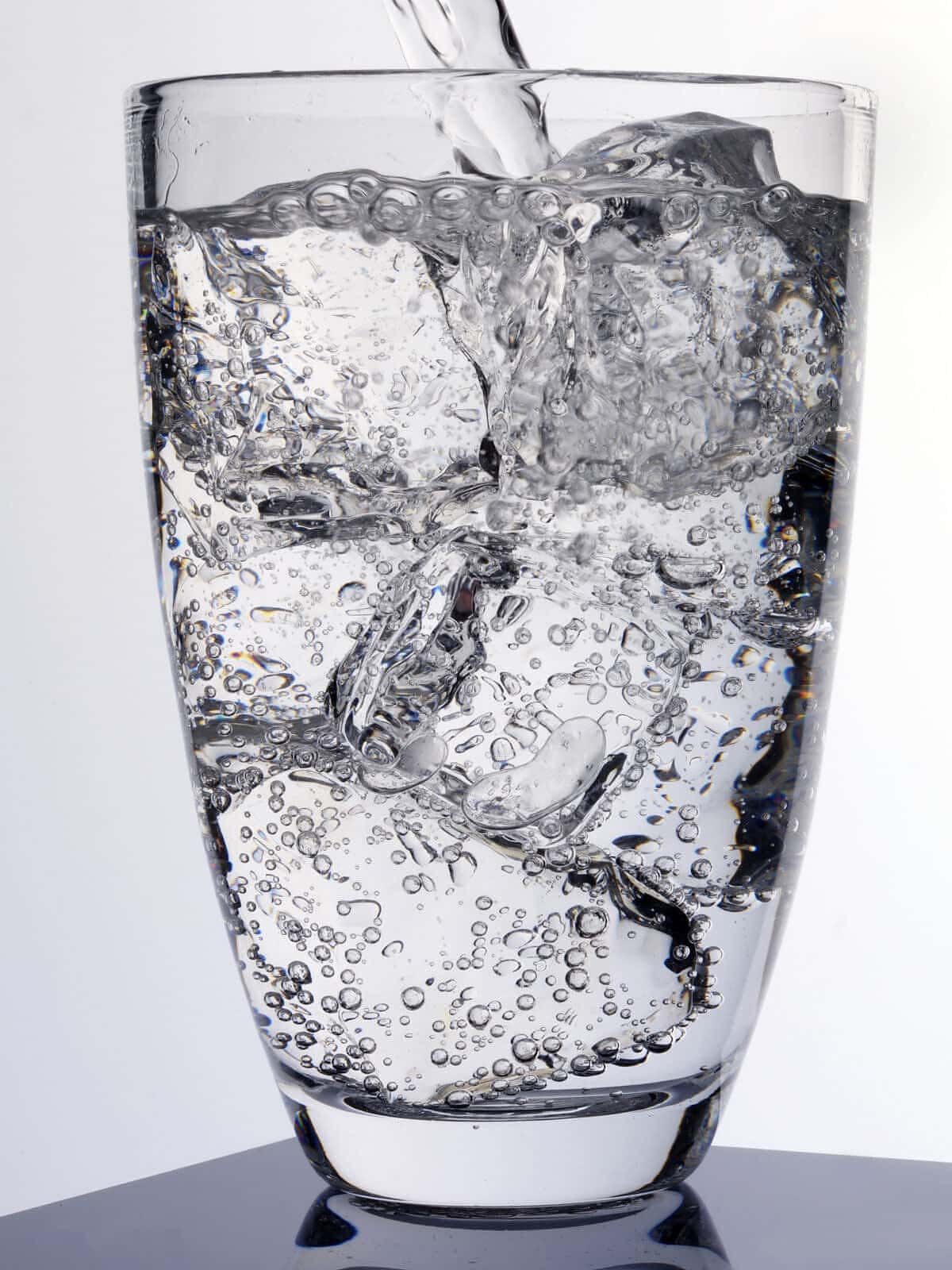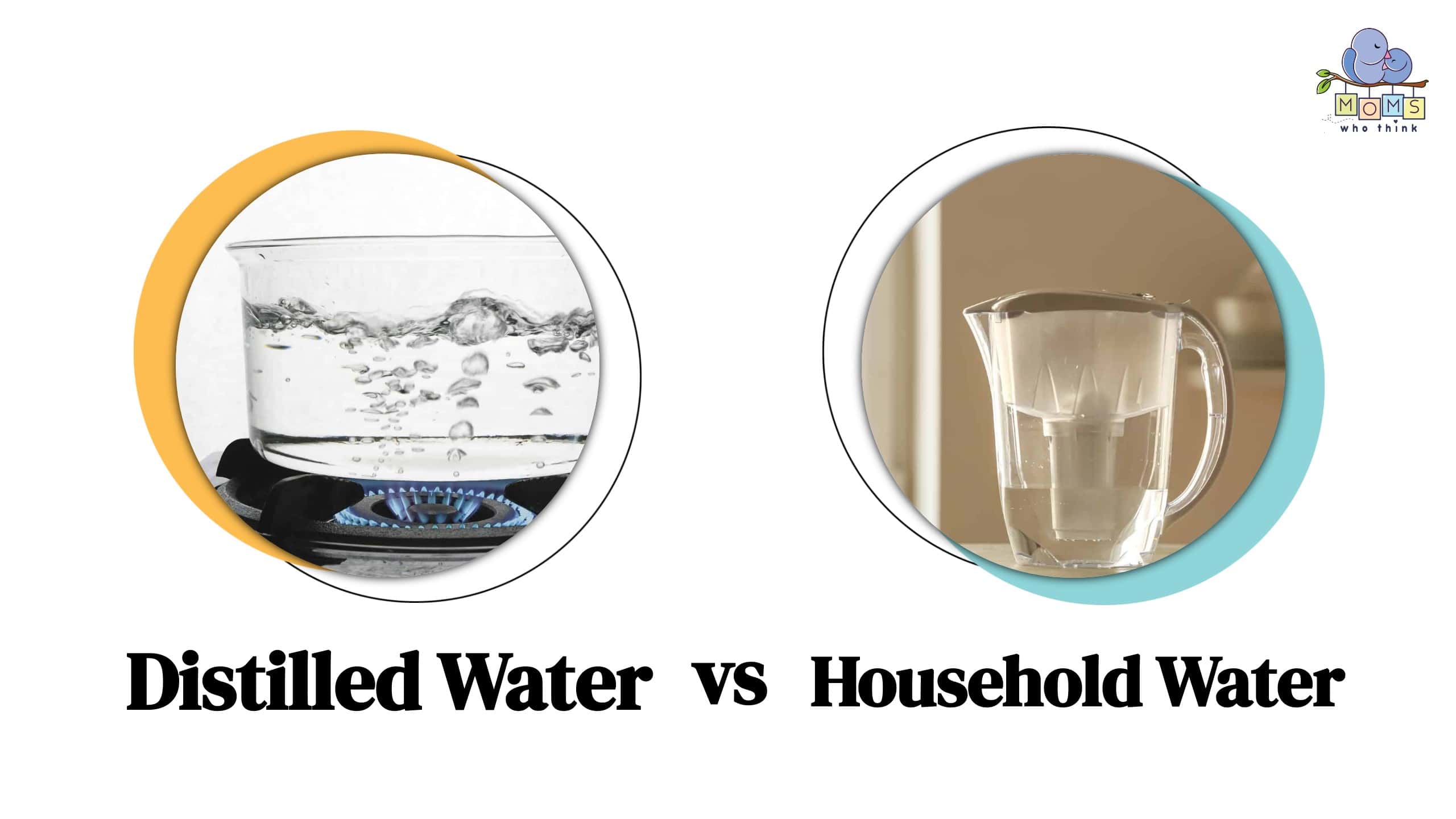Distilled vs. household water: What's the difference? Can you drink both? Is one better than the other? You may not think much of it when drinking tap or household water, but your health can be dangerous if you're not careful.
While there are a lot of containment laws about household water and how the city you live in removes many of these contaminants, there's still the chance that something could infect your drinking water. Distilled water is one of the purest forms of water that removes all impurities.
This article covers everything you need to know about the difference between household water and distilled water. We tell you what chemicals may be present in household water, why distilled water is the safer choice, and how either can affect your overall health.
Distilled vs. Household Water: What Makes Them Unique?

The process of distilling water has been around for thousands of years. It makes the water purer, removing any impurities that may cause illnesses. The process involves boiling water and collecting steam, returning the water upon cooling.
You can either get distilled water at the store already purified. Or you can make your distilled water through this process of boiling the water. Distilled water is commonly used for hospitals and keeping hands clean. There's also the process of practicing distilled water in laboratories or using this water at home in a humidifier to create steam that helps clear your nostrils when you're sick.
On the other hand, household or tap water is any water found through your home's irrigation system. This is often the water that comes out of your shower, your faucets, and your hoses. This is the water provided to you from the city you're living in. If you live in a highly populated city, like the suburbs, you may see that the water has a better contamination system.
For example, the water in a city, depending on how it's processed, may require rigorous testing to ensure that homes have clean water for showering and cooking. However, if you live in the country, you may find that the water is not as purified, especially if you have your irrigation system.
Why They Taste Different
Household water goes through a rigorous testing process and then goes through your pipes to your faucet. While there's testing, the quality of the lines that the water travels through may affect the quality of your water. It may affect how it tastes, giving it an unnatural taste. You can also test the quality of your water with an at-home water test kit that tells you if your water is safe to drink.
The taste of distilled water is often described as metallic or flat. This is often due to the minerals that are removed from the water. Because there's a lack of minerals, distilled water is usually not the drink of choice, especially compared to mineral water.
What Are the Nutritional Differences?

©CKP1001/Shutterstock.com
While distilled water is a type of purified water, making it better for you than household water, there are still some drawbacks. One of the drawbacks is that most of the good minerals and electrolytes are taken from the water. Calcium and magnesium are also taken out of the water during distillation. This is why distillation water is often known for taking 99% of all minerals out of tap water.
However, there are also a lot of benefits to drinking distilled water. One of the benefits is that it removes contaminants from household drinking water, like pesticides. Additionally, those with certain cancers benefit from drinking more purified water. One of the best benefits of drinking distilled water is that it removes chlorine, improving your water's taste.
Household water isn't all bad, either. Your body needs water to function. You should drink six to eight ounces of water in an eight-ounce cup daily. This ensures your blood flow is moving and you're staying hydrated.
While household water is typically the healthiest or the purest because of the potential risk of impurities, there's still the benefit of drinking water. The use of drinking water daily is reducing your calorie intake and managing your body's weight. However, installing a purification system in your home to purify your household water can make what you drink every day even better for you.
What Kind of Water Should You Drink?
The importance of water is invaluable. Your body needs water to thrive. You need water to give your body energy, digest food, and stay healthy. However, there are also a lot of choices of what to drink when it comes to distilled vs. household water.
Overall, distilled water is the healthier choice. It may lack the minerals you need but also removes the potential risk of harmful contaminants. The safer your water is to drink, the better it will be for you.

